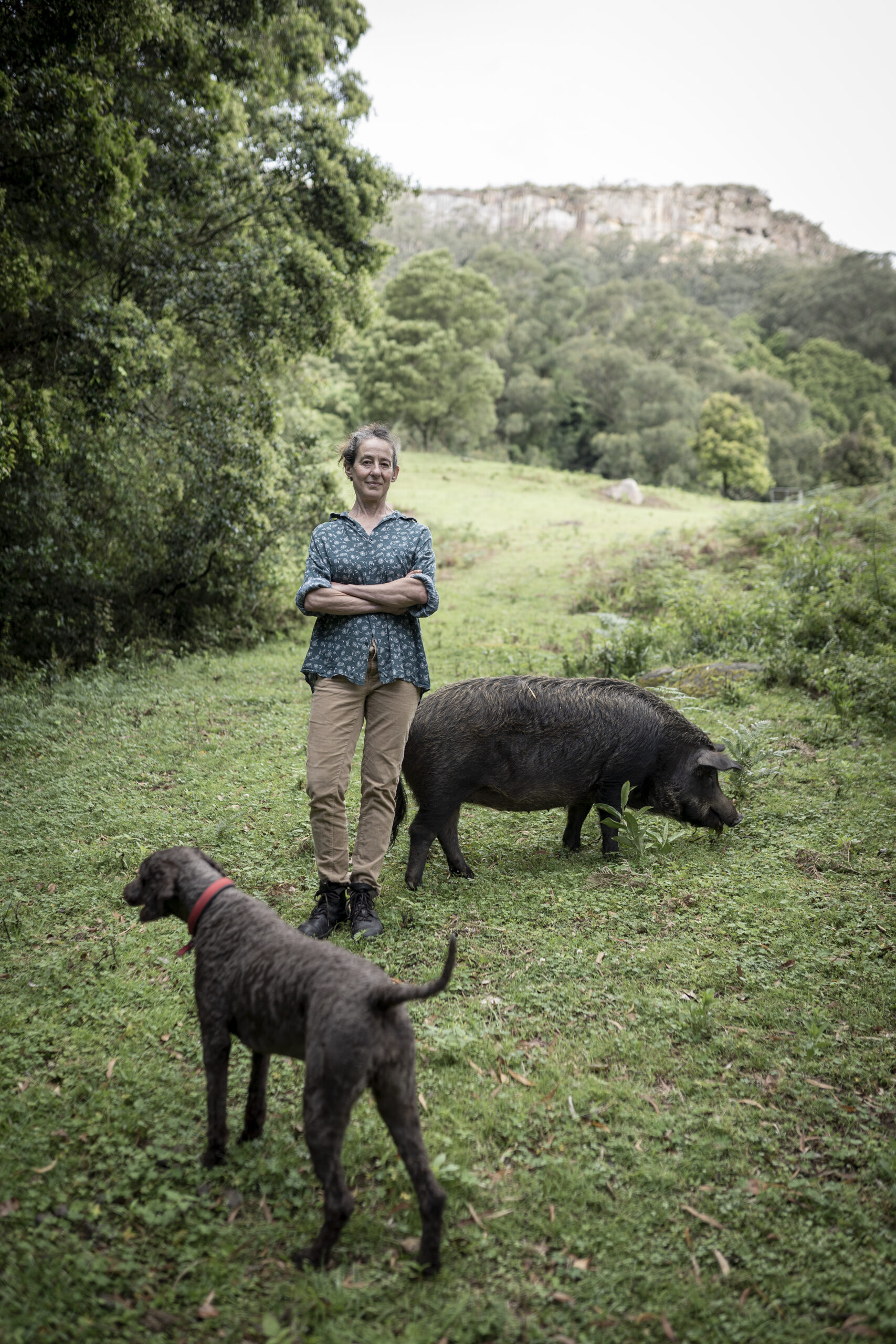CALL FOR PAPERS
Word and Text: A Journal of Literary Studies and Linguistics
special issue Animality and Textuality
Guest editor: Rodolfo Piskorski
In “But as for me, who am I (following)?”, the second section of The Animal That Therefore I Am, Jacques Derrida contextualises his interest in a certain passage in Plato’s Phaedrus as a systematic interest in what he calls “the animality of writing”. Derrida diagnoses in the traditional anthropocentric opposition between the (human) ability to respond and mere animal reaction an echo of the ancient denunciations of writing as language that cannot reply back – opaque and mindless. In fact, as he demonstrates in Of Grammatology and elsewhere, the histories of the condemnation of writing and of the devaluation of animality are intertwined and feed off each other. Both are characterised as a deviation from the source of truth – speech and/or the soul – carried out by a certain embodiment.
In the current state of the increasingly institutionalised field of Animal Studies, the same opaqueness that was held against both animality and writing has been defended as a productive nexus in which to think about animals and their relationship to text. For example, Anat Pick’s concept of the creaturely, characterised by its focus on embodiment, has proved influential in conceptualising both animal and human being. Thus, what had been a tool of oppression against animality – bodiliness – ironically becomes, in a process of reversal, a rallying point for animal liberation and for animal-centric literary criticism. This reversal can be diagnosed as a contributing factor to a certain “counter-linguistic turn” that, in literary studies, critical theory, and philosophy, has seen a turn towards concepts of life, affect, matter, bodies, nature, and the sciences.
Nevertheless, many authors have resisted this anti-textual turn, even when they grapple with the same issues. Sarah Boutier, for example, argues that texts themselves can be thought as creaturely as well, since their referentiality is marked by their “being embodied and finite at the same time”. This focus on textuality as something inherently animal has also been suggested by Susan McHugh, and Kári Driscoll, among others. Christopher Peterson and Claire Colebrook have also articulated a defence of ‘textualist’ approaches for posthumanist projects against some critics’ facile denunciations.
Set in the context of this methodological debate concerning the animal, this issue will look into the relevance of textuality for Animal Studies. Taking into account both a reappraisal of the traditional linguistic turn for the sake of “creaturely texts” and a retooling of current innovations in posthumanist scholarship for textual purposes, the issue will enquire into the tension between body and text as it pertains to literary scholarship concerning animality. Within the larger scope of posthumanist thought and scholarship, have ‘textual’ approaches proved obsolete by dint of the their excessively ‘humanist’ impulses? Or have refutations of post-structuralism been too reductive in their understanding of the text and its supposed others, such as the animal and matter?
We invite contributions related, but not limited to, the following:
- Derrida, deconstruction, and “zoogrammatology”
- Creaturely poetics
- Animal and human embodiment
- Bodily vulnerability and finitude
- Zoopoetics: literature ‘about’ animals or literature as ‘always already’ animal
- Writing, mimesis, and (representations of) animality
- Philosophies of language and representations of the non-human world
- Poetry, poetics, formalism, and the body of the text
- Materialism(s) and textuality
- Deconstructive approaches to mind/body value reversals
- The history, methods, and legacy of the Humanities
- The future and methods of the Post-Humanities
- The linguistic and counter-linguistic turns
- The animal turn as part of the counter-linguistic turn
- Biodeconstruction
- Literary theories of textuality (in relation to animality)
We welcome interdisciplinary approaches, ranging across critical theory, literary and cultural studies, linguistics, as well as other disciplines in the humanities and the sciences. Contributors are advised to follow the journal’s submission guidelines and stylesheet, which can be downloaded from the journal’s website at http://jlsl.upg-ploiesti.ro/. The deadline for abstract submission is March 30, 2021. Please send 500-word proposals to the journal editors, who will answer any queries you may have. Articles selected for publication must be submitted by April 30, 2021. All submitted articles will be blind-refereed except when invited. Accepted articles will be returned for post-review revisions by June 30, 2021 and will be expected back in their final version by September 30, 2021 at the latest.
Proposals and articles should be sent as attachments to the journal’s editors (anionescu@sjtu.edu.cn or milesi@sjtu.edu.cn) as well as to this special issue’s guest editor (PiskorskiR@cardiff.ac.uk).


